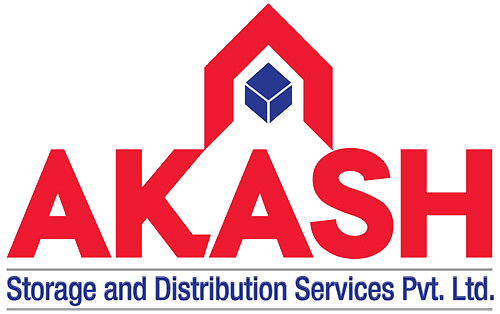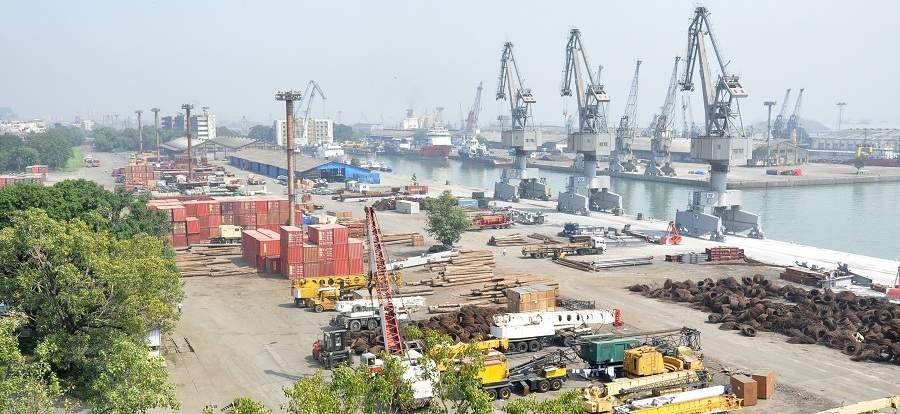What is DPD (Direct port delivery) scheme?
The Central government introduced a programme to speed up delivery. Cargo containers to importers/consignees to check extra cost and time involved in the clearances by introducing. So-called direct port delivery (DPD) scheme at the Jawaharlal Nehru Port and Chennai Port, spurred by a report from the World Bank on ease of doing business.
How DPD Works
DPD allows importers/consignees to take delivery of the containers directly from the port terminals and haul them to factories without taking them first to a CFS and from there to factories. An importer has thus assured clearance of cargo in less than 48 hours under DPD as against an average of seven days if routed through a CFS.
The Role of Container Freight Stations (CFS)
The Customs Department licenses an off-dock facility, known as a CFS, to ease port congestion by relocating containerized cargo and conducting customs-related activities outside the port area. Due to Customs procedures and space constraints at many of India’s ports, Customs clearance happens at the CFS.
JNPT was designed on the CFS model. In late 2016, the government directed JNPT and Customs to raise the proportion of DPD first from 3 % to 40 % and later to 70 %.
DPD Advantage or Disadvantage?
Top logistics firms, including listed entities that have invested thousands of crores to set up and run container freight stations (CFSs) near India’s container ports, face an uncertain future. Firms such as All cargo Logistics Ltd, Navkar Corporation Ltd, Gateway Distriparks Ltd, Container Corporation of India Ltd (Concor) and Balmer & Lawrie Co Ltd are among the 33 CFSs operating near JNPT. In fact, Navkar went public in 2015 purely on the strength of its CFS business.
Stakeholders’ Perspective
Most of the stakeholders in the export-import logistics chain say that the DPD is an excellent concept. But are critical of the way it is being implemented, mainly because it will hurt their business. The government has targeted CFSs to fasten import clearances because this intermediary, it feels, takes the longest time, as much as 8-9 days, in completing all procedures. The long cargo dwell time in CFSs automatically adds to transaction costs, says the government. CFS operators say that the longer dwell time attributed to them is not of their own making. “Importers prefer to keep containers in the CFSs and move them to factories according to their inventory requirements. CFS is the safest and cheapest way of storing containers,” says a CFS executive.
Impact on CFS Business
There are some 33 CFSs in Nhava Sheva and another 150 across India. “What’s going to happen to the CFS business, which has seen some ₹10,000 crore investment as a sector generating employment of a couple of lakhs? The government is saying that CFSs are bad and overnight they have to change. It’s become a completely unviable model. So, what do you do with it? How do you re-engineer? Has the government given that a thought,” asks a CFS operator.
Challenges and Concerns
On its part, the government wants CFSs to transform into modern warehouses for doing value-added services, which the CFS industry says would require more floor space index (FSI). ”We don’t have the FSI for it,” said the chief executive of a privately run CFS in JNPT area. CFSs, mostly large yards for stacking containers, have a FSI of 0.3 or 0.4. Will the government permit us to have more FSI? Will we be treated again as a sunrise sector by offering tax breaks. So that we can re-invent our business model from scratch or should we become terminally sick,” he asked.

